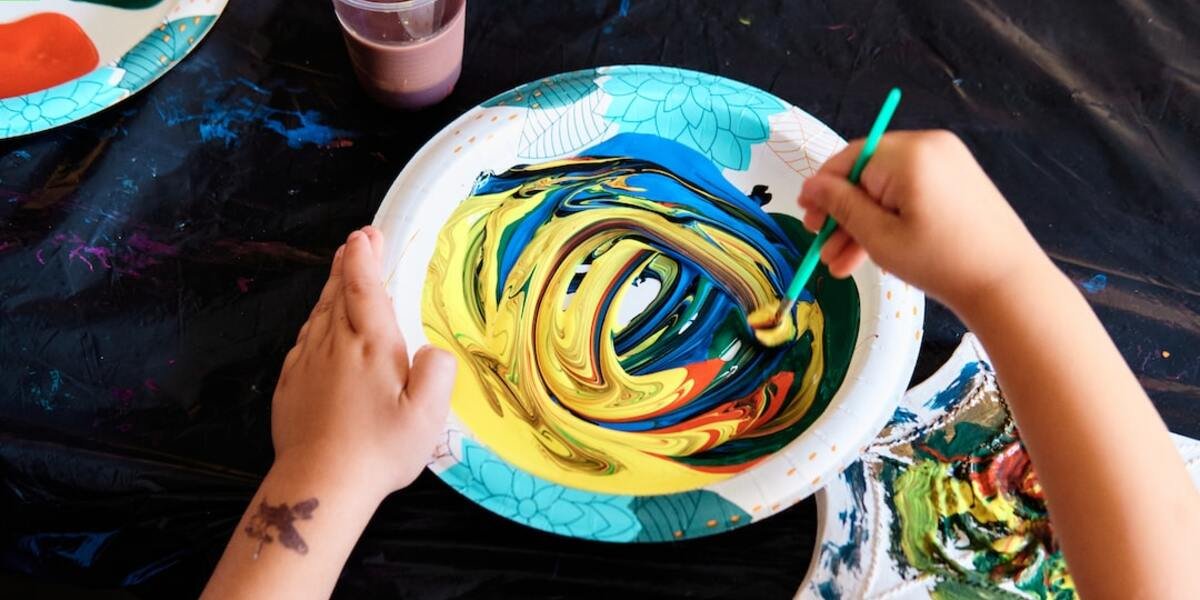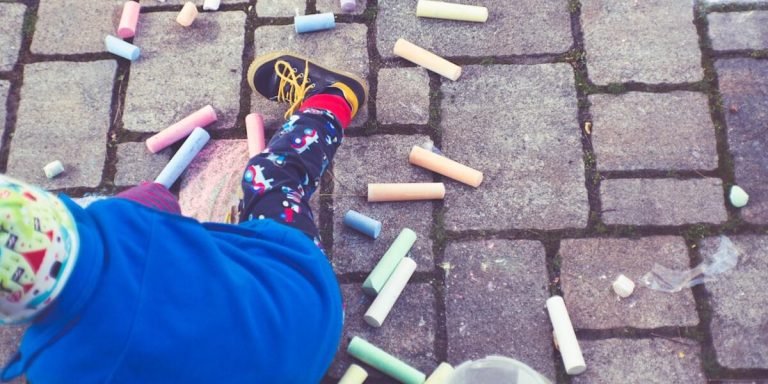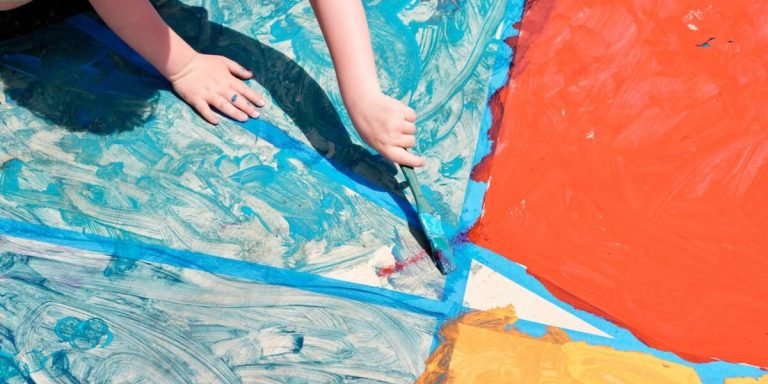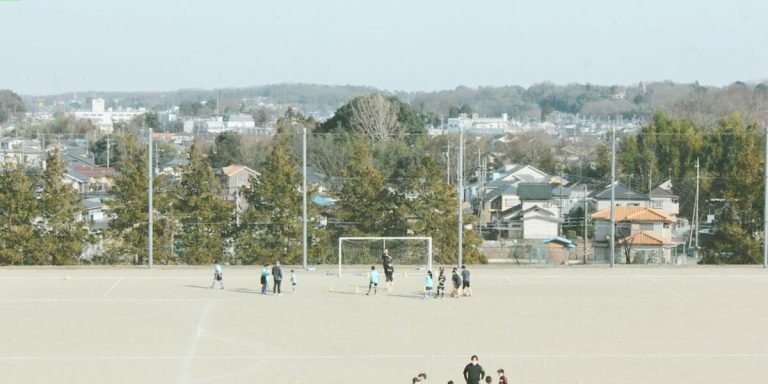Science Experiments for Preschoolers: Igniting Young Minds with Fun Learning Activities
Science experiments for preschoolers are more than just a fun way to pass the time. They serve as an innovative medium to introduce young minds into the world of science, fostering curiosity and instilling a lifelong love for learning. While conventional teaching methods have their place in childhood education, hands-on, experiential learning offers far-reaching advantages that extend beyond textbook theories.
Engaging in activity-based learning strategies can significantly ignite children’s interest and understanding of scientific concepts at an early age. Preschoolers innately learn through exploration and discovery – by touching things around them and witnessing cause-and-effect relationships firsthand – which makes Science experiments an optimal tool for effective pre-school education.
Did you know?
A fascinating fact to know is that children’s brains are twice as active as adults’. This hyperactivity peaks during the preschool years, making it a ripe time for practical learning activities like fun science experiments!
Engaging Preschoolers with Simple Science Experiments
Engaging preschoolers in learning is a task that calls for creativity, fun and hands-on activities. Simple science experiments provide this perfect blend, making them fascinating tools to help young minds explore the world around them. This activity-based learning approach fosters curiosity and deeper understanding, critical aspects of childhood education often overlooked in traditional teaching methods.
Experiments like growing plants from seeds or creating homemade lava lamps not only stir interest but also highlight practical application of knowledge gained. By observing these processes firsthand instead of reading from books or watching videos alone, children perceive how different elements interact in real time – fostering experiential learning.
Hands-On Activities to Explore Basic Scientific Concepts
Engaging preschoolers effectively often requires a hands-on approach, particularly when it comes to introducing them to new concepts. This is especially true in the realm of science. Here are some fun and simple “science experiments for preschoolers” that can help your young ones explore basic scientific concepts in exciting ways.
Next on our list would be exploring surface tension- simply add pepper flakes onto a bowl filled with water, then watch as they seem to ‘run away’ once soap is introduced into this setup!
Another experiment could involve teaching kids about weather changes—a homemade barometer made out of just a glass jar, straw, balloon cover and rubber band will make perfect sense! Daily observations will teach trends in atmospheric pressure which correlates with changing weather patterns.
Then there’s the magic dancing raisins—putting raisins in soda lets children view how dissolved gas forces itself up due its buoyancy lifting anything light enough along its way (like our little dried fruit friends).
Lastly don’t forget making invisible ink using lemon juice—children love secrets; writing hidden messages only visible once heat-treated adds an element both mysterious & magical harnessing acid-base reactions behind those trick plays.
Fostering Curiosity Through Nature-based Exploration
Fostering curiosity in preschoolers is key to developing their love for learning and science. One of the most effective, enjoyable methods involves nature-based exploration that incorporates easy-to-do but fascinating science experiments.
One such experiment can be observing plant growth over a period of weeks. Provide your child with seeds, soil and pots then encourage them to water it every day while recording the changes they see through drawings or photos – this simple exercise brings biology alive! It’s an excellent opportunity for them to experience firsthand how living things grow from tiny beginnings into something more significant over time.
Furthermore, introducing mini-beast hunts during outdoor playtimes promotes interest in entomology (the study of insects). Equip children with magnifying glasses and let them explore backyard habitats on their own terms: examining ants’ trails closely or studying textures on a beetle’s back provides valuable tactile experiences whilst teaching about creature diversity within our ecosystem!
Creating miniature weather stations also sparks excitement amongst young learners when involving prediction elements; making homemade rain gauges or wind vanes encourages meteorological insights as kids get hands-on knowledge about weather patterns around them- Who knew predicting rains could be so engaging?
Conducting float-or-sink tests using different objects at bath-time adds heaps intrigue too! This effectively introduces basic physics concepts like density & buoyancy in a fun setting that feels less ‘educational,’ yet has profound scientific implications integrated seamlessly.
Benefits of Experiential Learning in Early Childhood Education
In the realm of early childhood education, experiential learning has taken center stage as a highly effective teaching method. It’s particularly significant when integrated within science experiments for preschoolers. Such hands-on activities not only pique young learners’ curiosity but also serve to build their foundational knowledge in one of the core academic disciplines—science.
Experiential learning engages children through unique experiences tailored just for them, pushing beyond traditional rote memorization and lecture-based instruction methods. By engaging kids actively in science experiments at an early age, they gain first-hand understanding on cause-and-effect relationships—an element central to scientific studies—and fine-tune critical thinking skills that’ll be invaluable throughout their educational journey.
When children get involved with activity-based or experiential learning programs such as executing simple yet intriguing science projects; it fosters creativity and innovation while boosting cognitive development simultaneously. This approach gives youngsters a taste of real-world problem-solving scenarios by encouraging them to hypothesize outcomes and analyze results from experimental tasks they’ve conducted themselves.
It is safe to say that integrating these practical methodologies into pre-school curriculums can indeed have lasting impacts on how our next generation learns – making lessons more enjoyable whilst still meeting key developmental metrics necessary for growth in 2023 onward!
Enhancing Cognitive Development with Practical Science Tasks
Practical science tasks, such as “science experiments for preschoolers,” offer an engaging and interactive approach to enhance cognitive development in early childhood education. This process of experiential learning or activity-based learning has been attracting increased attention from educators worldwide due to its proven benefits.
In 2023, we find ourselves in a dynamic era where practical hands-on experiences can make a significant difference in the way children learn and understand concepts. Instead of merely memorizing theories from textbooks, creating real-life situations enables them to grasp ideas more effectively.
Science experiments boost cognitive skills among preschoolers primarily in three ways:
Hands-on activities like volcano eruptions with vinegar-baking soda mixtures or rainbow water experiments stimulate curiosity amongst youngsters by exposing them to fun-filled experimentation processes based on simple scientific principles.
Through these experiments, children get opportunities to identify problems and strategize solutions practically rather than theoretically—helping develop their problem-solving abilities at an early age.
These activities foster observation power and analytical thinking capacity among kids by pushing them beyond rote-learning boundaries into realms of hypothesis formation followed by experiment conduction – this is deeply rooted in human cognition’s core fabric.
The Role of Sensory Play in Understanding Scientific Principles
Sensory play is a foundation stone in experiential learning, especially when fostering an early love for science. Notably, simple yet exciting activities such as ‘science experiments for preschoolers’ can provide profound benefits that extend beyond the classroom walls.
Children are naturally curious beings; they learn best by touching, smelling, seeing and participating actively. This hands-on approach to education consists of sensory activities that stimulate children’s five senses while teaching them fundamental scientific principles through real-life experiences.
Consider kitchen-based science experiments for preschoolers like mixing vinegar and baking soda or creating homemade slime—these seemingly fun tasks help explain chemical reactions with immediate practical examples. It allows young learners to grasp complex concepts intuitively rather than relying on theoretical explanations alone.
Exploring nature also presents endless opportunitiesfor experiential learning: observing insect behavior teaches lessons about biology; measuring rainfall brings understanding about weather patterns; collecting leaves highlights different plant species – all these ignite curiosity towards environmental studies.
The value of tactile experience should not be underplayed either! Materials varying from marshmallows to building blocks become tools within physics-related lessons where youngsters understand weight distribution or basic engineering laws via construction activity experimentations!
Even at home settings – using everyday items (like food coloring infused water) nurtures exploration around light refraction’s underlying phenomena without overpowering jargons but captivating visualizations instead.
Setting Up a Home Laboratory for Young Learners
Setting up a home laboratory for young learners is an exciting way to introduce them to the fascinating world of science, particularly in this golden era of experiential learning. Science experiments are effective and engaging ways – proven by research – through which preschoolers can learn about our natural environment. A simple yet resourceful home lab provides hands-on experiences that help children develop crucial cognitive skills while fueling their innate curiosity.
A well-equipped home laboratory isn’t as complex or perilous as it may sound; safe and kid-friendly items will do just fine! Think along the lines of magnifying glasses, measuring cups, baking soda and vinegar – all these make wonderful assets for fun-filled kitchen chemistry sessions. The aim here is not to turn your toddler into Einstein overnight but encourage exploration within scientific circles!
Planning regular activities with diverse themes like understanding weather patterns via cloud jars or ecosystem knowledge through terrariums fosters activity-based learning in 2023’s dynamic education atmosphere. With patience and creative thinking on part of parents/educators, framed appropriately according to the child’s age group and comprehension level, ‘learning’ becomes synonymous with ‘fun’. Such initiatives strengthen foundational concepts leading signals towards positive attitudes around school subjects—especially STEM—in later years.
Essential Tools and Safe Practices for Preschool Science Activities
Teaching science to preschoolers can be fun, with the right tools and knowledge of safe practices. Setting up a home laboratory for your little learners creates an environment that encourages experiential learning. Here’s how you can create engaging science experiments for preschoolers in 2023.
Start by investing in age-appropriate scientific tools such as safety goggles, non-toxic materials or kid-friendly microscopes. These will not only keep kids engaged but also ensure their safety during the activity-based learning process.
Stock your lab with safe yet interesting items like magnets, magnifying glasses, colored water or even simple household baking products – they all make fantastic resources!
Always ensure adult supervision while conducting any experiment at home is crucial to prevent accidents or misuse of experimental material.
Teach children about post-experiment clean-up procedures so they learn responsibility from early stages alongside understanding the importance of hygiene after handling various substances.
Ideas for Parent-Led Experimental Learning Sessions
As parents, experimenting with science can be an amazing adventure. It allows a unique blend of learning and play that is both educational and entertaining for your little ones. Here are some ideas for parent-led experimental learning sessions to transform your home environment into a fun-filled laboratory.
1. Water Xylophone: This simple yet engaging activity teaches children about sound waves and their interaction with water levels in containers. Fill up various glasses or jars with different amounts of water, then allow preschoolers to gently strike each one using chopsticks or spoons – creating charming melodies while they learn!
2. Magic Milk Color Explosion: Teach color mixing concepts through the classic magic milk experiment! All you need is whole milk, food coloring drops, q-tips, and dish soap on hand– make sure safety precautions are observed when handling these materials.
Conclusion
As we’ve thoroughly explored, science experiments for preschoolers are a brilliant way to spark an early love for learning and ignite the curiosity flames in their young minds. They offer a hands-on approach that not only makes education fun but also deepens children’s understanding of core scientific concepts by allowing them to experience it first-hand.
So why limit this marvelous journey here? Continue exploring our website designed specifically for parents and educators like you endeavoring to make childhood education engaging yet meaningful. It’s brimming with resourceful articles, expert-guided advice, and evidence-based strategies on educating children effectively—becoming your ultimate support system in this worthwhile mission.
Happy experimenting!







